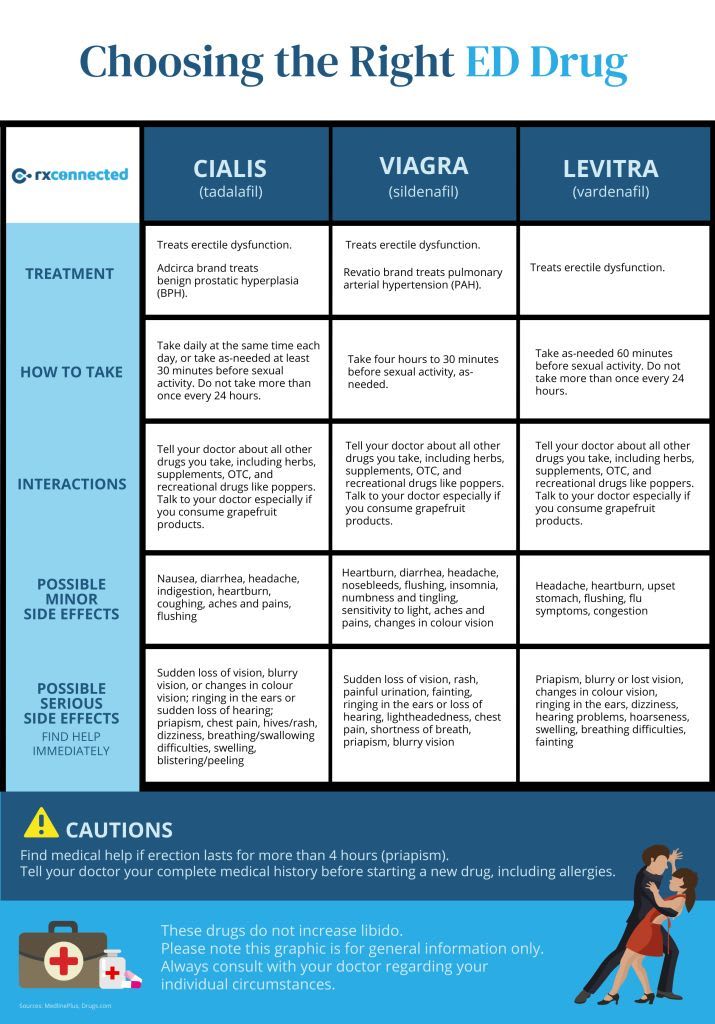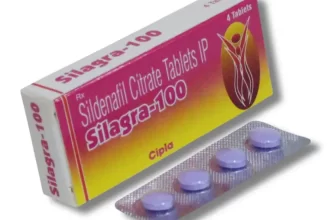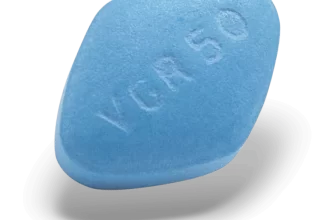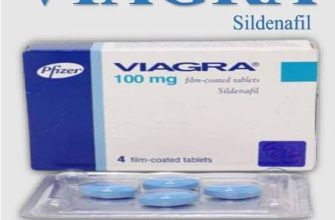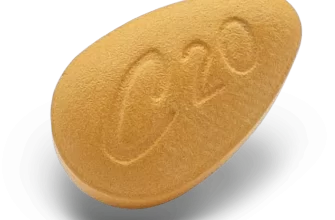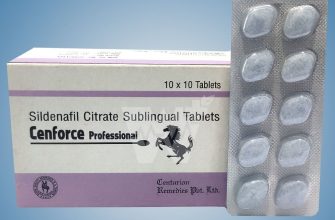Levitra typically starts working within 25 to 60 minutes. However, this timeframe can vary depending on several factors.
Factors influencing onset include your individual metabolism, the food you’ve consumed (a high-fat meal can delay absorption), and the specific Levitra dosage you’ve taken. For optimal results, take Levitra at least 30 minutes before anticipated sexual activity, and ideally on an empty stomach.
Keep in mind that Levitra’s effects can last for up to 5-6 hours. This duration allows for flexibility, but it’s crucial to consult your doctor regarding potential side effects and interactions with other medications. They can help determine the right dosage and address any concerns you may have.
Remember: This information is for general knowledge only and does not substitute for professional medical advice. Always consult your physician before starting any new medication, including Levitra.
- How Long Does Levitra Take to Work? A General Overview
- Factors Affecting Levitra’s Onset
- Maximum Effectiveness
- When to Consult a Doctor
- Levitra Onset Time: Factors Affecting Absorption
- Individual Metabolism and Liver Function
- Dosage and Formulation
- Health Conditions
- Comparing Levitra’s Onset to Other ED Medications
- Viagra vs. Levitra vs. Cialis
- Medication Onset Comparison Table
- Factors Affecting Onset Time
- What to Do If Levitra Doesn’t Seem to Be Working
- Addressing Underlying Medical Conditions
- Lifestyle Factors
- Alternative Medications
- Important Disclaimer: Consult Your Doctor
- Assessing Your Health
- Determining the Correct Dosage
- Addressing Potential Side Effects
- Exploring Alternative Treatments
- Monitoring Your Progress
- Understanding Contraindications
How Long Does Levitra Take to Work? A General Overview
Levitra typically starts working within 30 to 60 minutes. However, this timeframe can vary depending on several factors.
Factors Affecting Levitra’s Onset
Food: Taking Levitra with a high-fat meal can delay its onset by up to an hour. Consider taking it on an empty stomach or with a light meal for faster results. Dosage: Higher doses may work slightly faster than lower ones. Always follow your doctor’s prescription. Individual Metabolism: Your body’s unique metabolic rate plays a role; some individuals experience quicker effects than others. Overall Health: Pre-existing health conditions can influence absorption and effectiveness. Discuss any concerns with your physician.
Maximum Effectiveness
Levitra’s peak effectiveness is generally reached within two hours of taking the medication. While it can work sooner, you’ll likely experience the best results within this timeframe. It’s important to note that effects usually last for 4-5 hours.
When to Consult a Doctor
If Levitra doesn’t work within a reasonable time, or if you experience side effects, consult your doctor immediately. They can adjust your dosage or recommend alternative treatments. Don’t self-medicate or alter your prescription without professional guidance.
Levitra Onset Time: Factors Affecting Absorption
Levitra typically starts working within 30-60 minutes, but several factors influence this timeframe. Food, particularly high-fat meals, significantly delays absorption; taking Levitra on an empty stomach generally leads to faster onset. Grapefruit juice interacts negatively with Levitra, potentially increasing its concentration in the bloodstream and causing side effects; avoid consuming it.
Individual Metabolism and Liver Function
Your body’s unique metabolic rate plays a role. Faster metabolism usually means quicker absorption, while slower metabolism can prolong the onset time. Liver function is also crucial; impaired liver function might slow down Levitra’s processing and onset.
Dosage and Formulation
The Levitra dose prescribed by your doctor influences how quickly it works. Higher doses may take slightly longer to fully absorb. Different Levitra formulations, such as the regular tablet versus the orally disintegrating tablet, may also have variations in absorption rate; consult your doctor or pharmacist for details specific to your prescription.
Health Conditions
Certain health conditions can impact drug absorption, including various diseases affecting the digestive system or liver. Always inform your doctor about all your health issues when discussing Levitra or any other medication.
Comparing Levitra’s Onset to Other ED Medications
Levitra typically starts working within 30-60 minutes, allowing for spontaneity. However, this timeframe can vary depending on individual factors and the dosage.
Viagra vs. Levitra vs. Cialis
Viagra’s onset is similar to Levitra’s, generally taking effect within 30-60 minutes. Cialis, however, boasts a much longer duration of action–up to 36 hours–though its onset time can be slightly slower, sometimes taking up to two hours. Choosing between them depends on your needs and preferences.
Medication Onset Comparison Table
| Medication | Onset Time (Approximate) | Duration of Action |
|---|---|---|
| Levitra | 30-60 minutes | 4-5 hours |
| Viagra | 30-60 minutes | 4-5 hours |
| Cialis | 30-120 minutes | Up to 36 hours |
Factors Affecting Onset Time
Food intake can slightly delay the onset of all three medications. High-fat meals can prolong the absorption time. Your individual metabolism also plays a role. Always follow your doctor’s instructions and consult them if you experience unexpected effects or delays.
What to Do If Levitra Doesn’t Seem to Be Working
First, check the dosage. Are you taking the correct amount prescribed by your doctor? Incorrect dosage can significantly impact results. If you’re unsure, contact your doctor immediately for clarification.
Next, consider timing. Levitra typically takes 30-60 minutes to work, but factors like food intake can influence onset. Take it on an empty stomach for faster absorption. Avoid fatty meals before taking it.
Addressing Underlying Medical Conditions
Underlying health issues, such as diabetes or heart disease, can affect Levitra’s efficacy. Discuss any pre-existing conditions with your doctor. They may need to adjust your medication or suggest alternative treatments.
Lifestyle Factors
Lifestyle choices play a role. Smoking, excessive alcohol consumption, and lack of exercise can hinder erectile function. Making healthy lifestyle changes may improve your response to Levitra. If you’re uncertain about these connections, consult your physician for personalized guidance.
Alternative Medications
If Levitra consistently proves ineffective, talk to your doctor about other erectile dysfunction medications. They may suggest alternative treatments suitable for your specific needs and health profile. Open communication with your doctor is paramount for achieving successful treatment.
Important Disclaimer: Consult Your Doctor
Before using Levitra or any medication for erectile dysfunction, schedule a consultation with your doctor. This is vital for several reasons.
Assessing Your Health
- Your doctor will conduct a thorough health assessment, identifying any underlying conditions that could interact negatively with Levitra. This includes heart problems, high blood pressure, and liver or kidney disease.
- They’ll review your medical history, including current medications and allergies, to avoid potential drug interactions.
- Your doctor will discuss your lifestyle choices, such as smoking and alcohol consumption, to evaluate their impact on your treatment.
Determining the Correct Dosage
The appropriate Levitra dosage varies greatly depending on individual factors. Your doctor will determine the safe and effective dose for you. Starting with a lower dose is often recommended.
Addressing Potential Side Effects
Levitra, like all medications, carries potential side effects. Your physician can explain these risks and help you manage them if they occur. Some possible side effects include headaches, flushing, nasal congestion, and visual disturbances. Your doctor can help you decide if the benefits outweigh the risks.
Exploring Alternative Treatments
If Levitra proves unsuitable or ineffective, your doctor can explore alternative treatments for erectile dysfunction. They can discuss other medications, lifestyle changes, or other therapeutic approaches.
Monitoring Your Progress
Regular checkups with your doctor are important to monitor your response to Levitra and to make adjustments to your treatment plan as needed. This ensures you receive optimal care and management.
Understanding Contraindications
- Levitra is contraindicated for individuals with certain pre-existing conditions, such as severe heart disease. Your doctor will assess your suitability for the medication.
- Using Levitra with specific medications (e.g., nitrates) can be extremely dangerous. Your doctor will carefully review your medications to prevent dangerous interactions.
Remember: Your doctor is your best resource for safe and effective treatment. Don’t hesitate to discuss any concerns or questions you may have.

